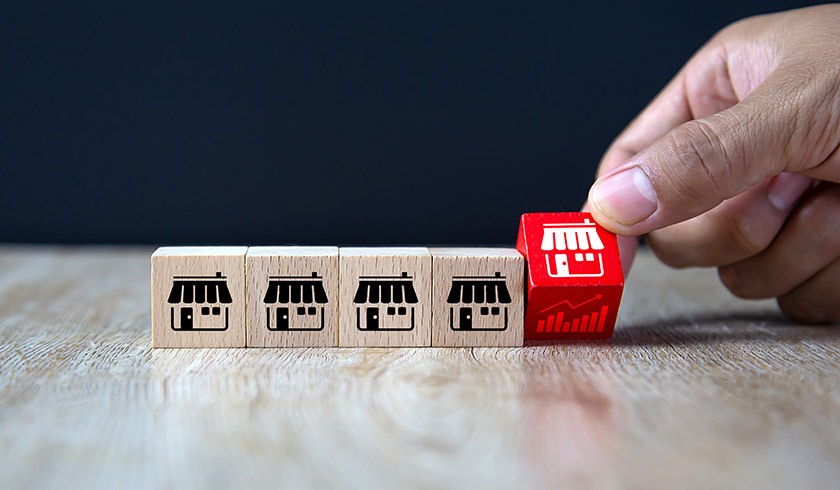Thinking about a retail investment? Here’s what you should know

In an article on retail investing by Raine & Horne Commercial Newcastle director Steve Dick, the real estate expert explained how a retail shop can be both an affordable way to enter the retail property market as a first-time investor, but also sit amongst the most expensive of property assets available in Australia.
Despite retail existing as one of the most extensive and varied sectors of the commercial property market due to its presence across every town and city in the world, Mr Dick said there’s still a number of simple rules potential investors need to follow to avoid “significant” financial challenges.
Here are the real estate expert’s most important considerations before buying a retail asset:
Cash flow
According to Mr Dick, “retail is all about cash flow”.
Buying a property with an existing tenant provides you with cash flow from day one.
Unlike a house, the director said “the quality of the lease and your tenant is your goodwill”.
With retailers needing mixed income streams in this day and age, he advised looking closely at the tenant and their business to see how they make their money.
Investors should also be aware that retail shops attract different leasing rules to other types of office spaces – as imposed by the Retail Tenancy Act.
The commercial real estate agent also highlighted how if a retail tenant vacates and a professional services firm were to move in, not only would the property switch to a commercial asset, that tenant would also not generally pay the same level of rent as a retailer.
The bond and the guarantee are also important here – consider the potential scenarios that may also arise due to changing fit-outs between tenants.
Mr Dick advised that “as part of your search, seek out retail properties with strong lease covenants, market rents and established and profitable tenants who are likely to renew their lease at the option”.
He also highlighted how retailers benefit from, and are stronger when, they are close to other retailers.
Research
Mr Dick has also advocated for putting a plan in place for the time when current tenants do leave.
For example, he said it’s worth considering the profile location of a space, as well as if parking is provided.
“As part of your research, consider zoning – this determines what uses are allowed, and any possible nearby developments,” he said.
This is especially important if there are plans for major shopping centres, highway diversions, or height and density changes for development.
Vacancy rates in the suburb or town you are looking into are also worthy considerations, according to Mr Dick.
Above all, he said any potential retail investor should be sure to “negotiate your lease renewals early as the cash flow you have purchased may take a while to replace if you lose your tenant”.
In a nutshell, the commercial real estate director offered up the following advice:
1. Buying retail means you are purchasing cash flow
2. Never buy vacant
3. Check out your tenant – they are the goodwill of your investment
4. Seek professional advice on the lease attached to the building: you need a competitive rent, and a long and accurate lease. Inbuilt rental increases and strong guarantees form part of this.
5. Be prepared to negotiate with your tenant if you want to keep them

